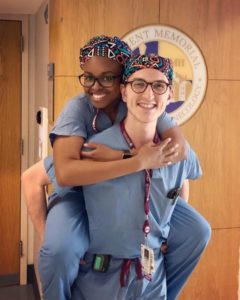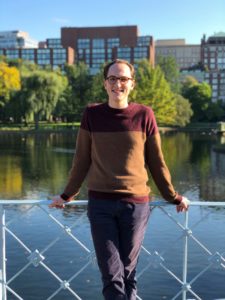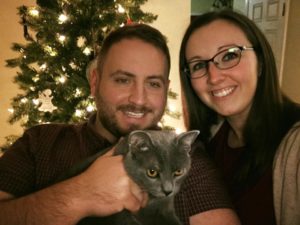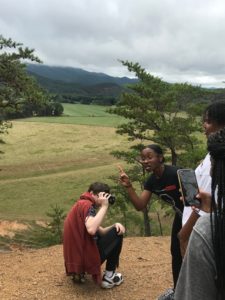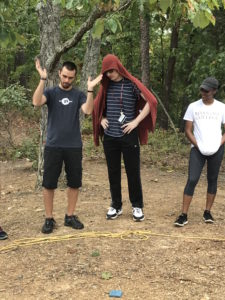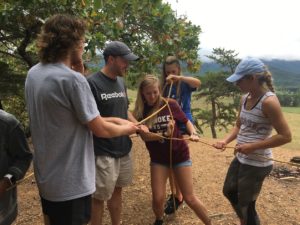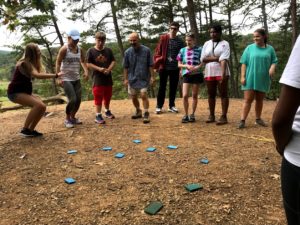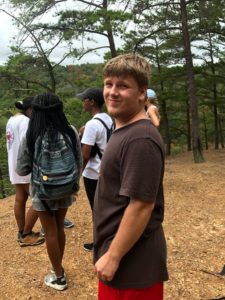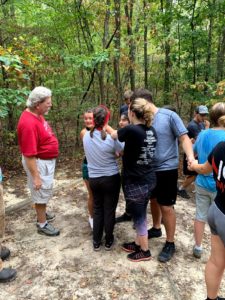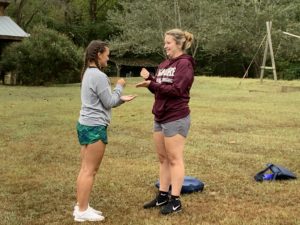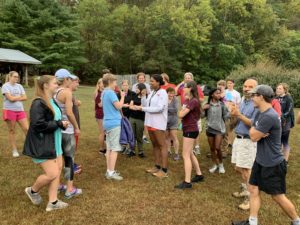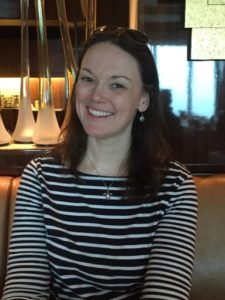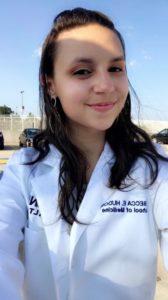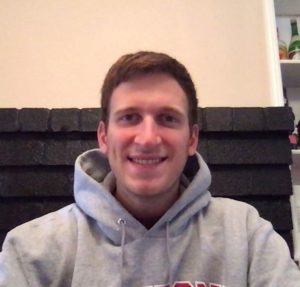Want to get ALL this information sent to your email address? Email Deborah Duncan at duncan@roanoke.edu and ask to be put on the HPAG mailing list. Please put HPAG in the subject line when you email Ms. Duncan.
1.) SICH (A club for pre-health students): If you are interested in a career in pre-health and want to learn more about health careers, have connections with health care in the community, interact and make friendships with people who are also interested in a healthcare career, then this is the club for you. If you are interested in this club please email Eddie Dixon (ejdixon@mail.roanoke.edu) for more information and to let him know you want to join!
2.) Clinical Research Experience: A course is being offered this upcoming semester (spring 2020) for students who are interested in doing clinical research or learning more about it. ROA-300: Theory and practice of research in a clinical setting is the course being offered. The lecture takes place on Tuesday’s 8-10am and there is a 4 hour/week lab that will be determined once you meet with the carillion instructor. If you are interested in this course contact Dr. Grant (grant@roanoke.edu).
3.) Salem VA Hospital Research: This opportunity is for students interested in joining a medically-oriented research lab. Students will be working with current medical research as it relates to veterans. Students must have at least a 3.0 GPA to be considered. To apply for this opportunity in research submit a cover letter (with research interests), a CV, unofficial transcript, and two letters of recommendation to the Director of Undergraduate Research (Dr. Lassiter at lassiter@roanoke.edu) by February 28. For more information email Dr. Lassiter.
4.) Association of American Veterinary Medical Colleges Career Fair: This event will interest any students looking to go into a veterinary profession. This event will take place Sunday, March 8th from 1pm-5pm at the Hyatt Regency Washington. For more information on this event contact Dr. Jorgensen (jorgensen@roanoke.edu).
5.) Radford University DPT Information Session: Radfords doctor of physical therapy program is offering an information session on March 24th from 6-8pm at the community hospital in Roanoke. Students will have the opportunity to meet current students and faculty. Students should look at admission requirements before going and bring questions that they would like to ask.
